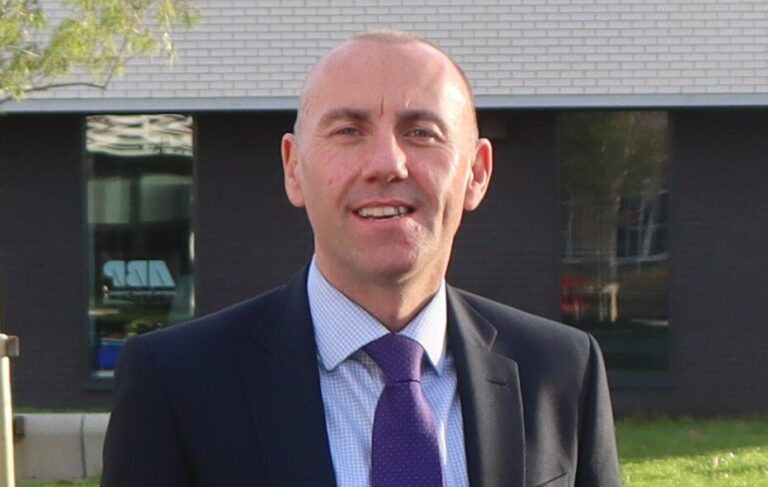Yorkshire’s listed businesses have shown resilience in the face of ongoing economic uncertainty, with a notable decrease in profit warnings. The first half of 2025 saw just seven profit warnings, down from eleven during the same period last year, according to EY-Parthenon’s latest Profit Warnings report. This represents a 36% drop compared to 2024.
The FTSE Industrials sector accounted for three of the seven warnings, mirroring last year’s trend and reflecting broader UK patterns. Four warnings were issued in Q2, aligning with the previous year’s second-quarter figures and slightly higher than the three recorded in Q1 2025.
The decline in profit warnings in Yorkshire contrasts with a slight increase in national warnings. In the first half of 2025, UK-listed companies issued 121 profit warnings, a modest rise from 119 in the previous year. The second quarter saw a 20% increase, with geopolitical issues and policy changes influencing nearly half of the warnings, the highest proportion in over 25 years of EY’s analysis.
Industrials, software, and retail sectors were the most affected in the UK, highlighting ongoing volatility, including contract delays and tariff pressures. Despite the drop in Yorkshire warnings, national profit warnings rose, underscoring the broader challenges businesses face. Moving forward, firms must continue to focus on forward planning, cash flow management, and stress testing to navigate potential risks.












